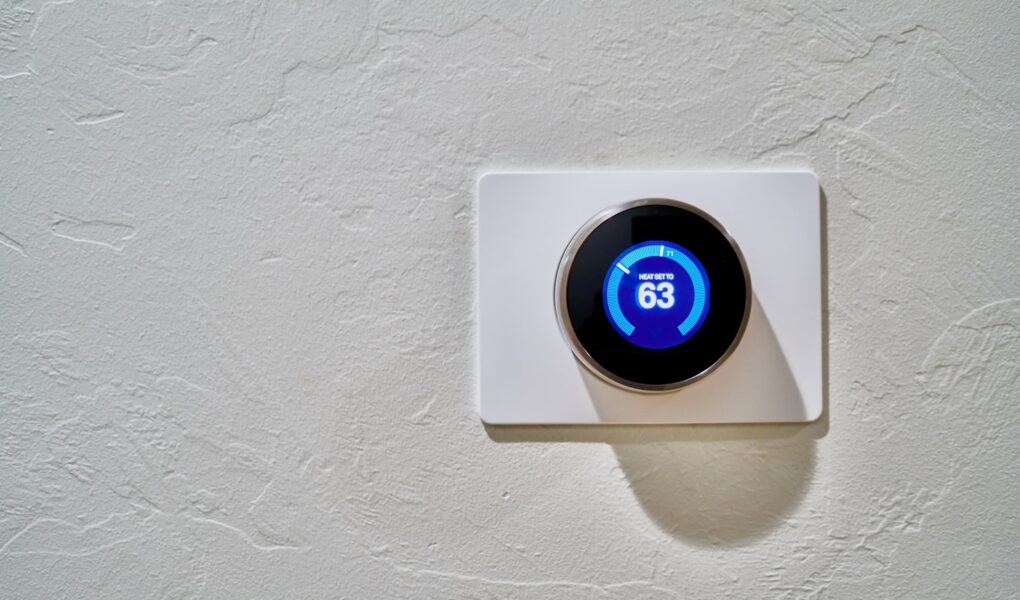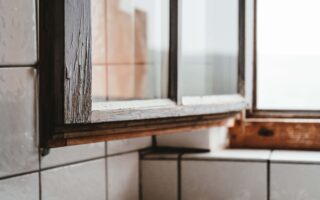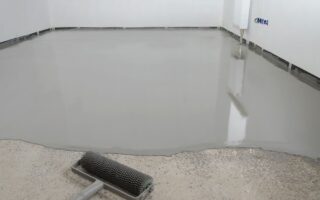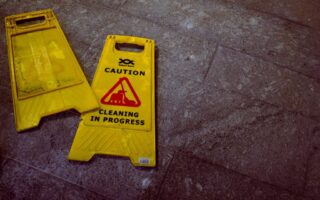5 Tips for Winterizing Your Home
Taking the time to prepare your home for winter before winter arrives will help ensure that you can stay warm and cozy in your house when it’s cold outside. Unfortunately, many homeowners don’t bother winterizing their home – and they pay dearly for it during the worst conditions of the year. Here are the most important things that you should do to winterize your home to prevent potential problems during the winter.
1. Prepare Your Heating System
You wake up one morning to a cold house. You go to the thermostat to turn on/up the heat, but your furnace doesn’t come on. Unfortunately, that’s exactly how many people find out that their furnace has stopped working, because they didn’t take the time to check and/or properly maintain it before winter. If you don’t want to wake up in freezing house on a bitterly cold day, you should make sure that your heating system works before you need to use it. You can test it yourself just to see if it comes on. However, a better idea is to schedule an appointment with a heating and air technician to properly check your heating system. They might be able to spot something wrong that you wouldn’t notice. Also, make sure that you replace your furnace filters too. A dirty filter can damage your furnace.
2. Prevent Frozen Pipes
Just because the living space in your house stays warm and cozy during the winter, it doesn’t mean that your basement or crawlspace does. When it gets really cold outside, the temperature in your basement or crawlspace could drop below freezing. That’s a big problem for your plumbing system. Frozen pipes often mean broken pipes – and one of the biggest water leaks that you have ever seen. In fact, your basement or crawlspace could flood in a short amount of time due to frozen pipes. Therefore, you need to insulate your pipes to prevent them from freezing even when it’s bitterly cold outside. You can buy pipe insulation at most home improvement stores. Also, make sure that you unhook garden hoses from outdoor water faucets. Leaving a hose on a water faucet can make your hoses freeze and crack when it’s really cold.
3. Keep the Heat Inside and the Cold Air Outside
Every homeowner wants to keep the inside of their home warm and cozy when it’s cold outside. That means you need to prevent heat from escaping your home and cold air from entering it. However, if you live in an older home, there’s a good chance that it’s not very energy efficient, especially when it comes to windows and insulation. Therefore, you might want to consider a home energy audit to make your home more energy efficient. You can learn more about energy audits from the Department of Energy’s website. However, if you know that you have older windows that let a lot of cold air into your house, you should consider having them replaced regardless.
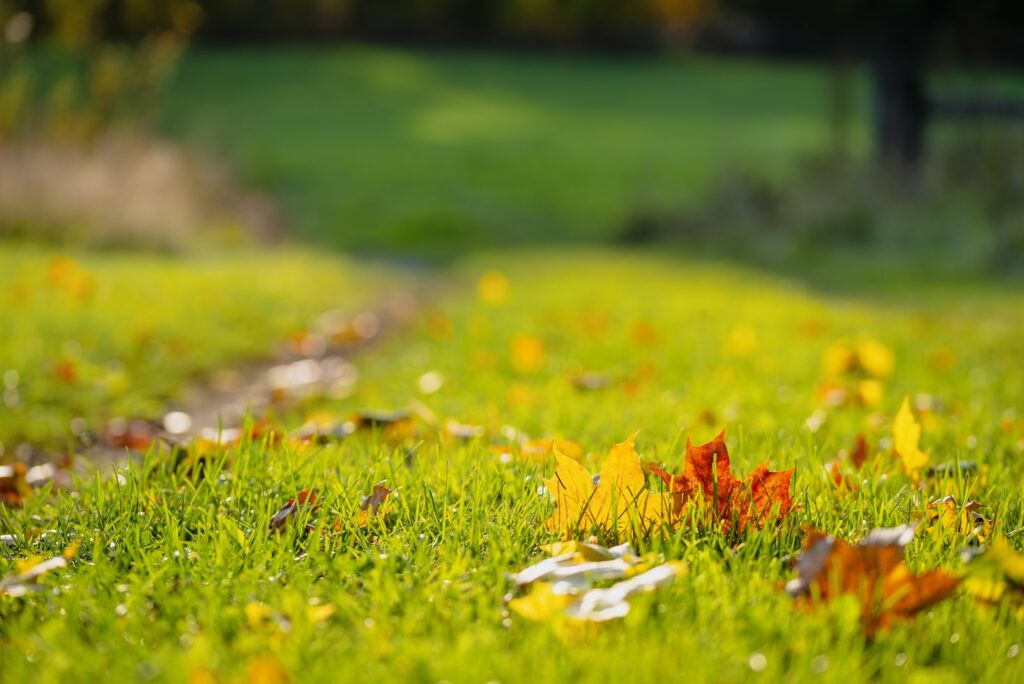
4. Test Your Home’s Detectors
Many people don’t realize that house fires are much more common during the winter months. For example, furnaces can malfunction, or if you use gas heat, you could have a gas leak that catches your home on fire. Another deadly problem is carbon monoxide poisoning, which often results from poor furnace ventilation. Therefore, make sure you have smoke and carbon monoxide detectors in every bedroom. Furthermore, make sure you replace their batteries before winter.
5. Clear Your Yard
Finally, you can help winterize your house by keeping trees trimmed so that there aren’t any limbs hanging over your house. People have been killed by tree branches falling on their house after a heavy snow or ice storm. You should also clear dead branches from your yard as well. If you live in a region that gets lots of snow and ice, make sure that you have a good snow shovel, as well as a stockpile of rock salt to keep driveways and sidewalks clear. Don’t forget to make sure your gutters are clear to prevent any ice jams that could damage them.
In short, winterizing your home is about keeping your family safe and warm during the winter. Make sure that your heating system is working properly. Also, insulate your pipes to keep them from freezing and breaking. Consider a home energy audit to find more ways to make your house energy efficient when it’s cold outside. Don’t forget to test all of your fire and carbon monoxide detectors, as well as replace their batteries. Take the time to prepare your yard for winter as well.
